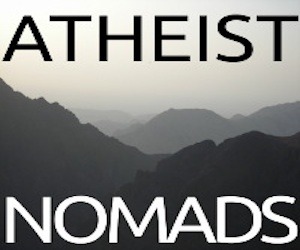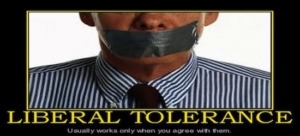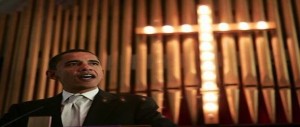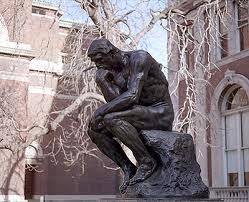NO RELIGIOUS IDENTITY IS A BAD OMEN
 Bill Donohue assesses the survey data on religious affiliation published today by the Pew Research Center:
Bill Donohue assesses the survey data on religious affiliation published today by the Pew Research Center:
In the last five years, Americans who are unaffiliated with any religion have grown from approximately 15% to 20%, the largest single block of which are young people under 30 (one-third of young people fall into this category). But the atheists have nothing to celebrate: only 6% of Americans identify themselves as atheist or agnostic, while 14% reject those labels. Indeed, almost seven in ten (68%) of all the unaffiliated overall say they believe in God. One statistic that has not changed since 1987 is the percent of Americans who pray daily, 76%.
The spike in the ranks of the “nones” (those who say they do not identify with any religion) is particularly noticeable among white, affluent, college grads who are single. It is not without significance that two-thirds of the “nones” say churches “focus too much on rules.”
Young and single. White and affluent. These are the demographic characteristics we would expect from those who have an aversion to rules. Which explains why they favor abortion rights, gay marriage, and the Democratic Party.
The tendency toward self-absorption among the “nones” is a social liability. We know from the work of Arthur C. Brooks, and more recently from Robert D. Putnam and David E. Campbell, that the most charitable Americans are the religiously affiliated; the most miserly are the “nones.” Those who ascribe to a religion are more generous with their time (voluntarism, blood drives, etc.) and money than the unaffiliated. To this extent it does not bode well for the dispossessed that the “nones” are on the rise.
A more religiously affiliated nation, then, is in the best interest of everyone, especially the poor and the needy.


